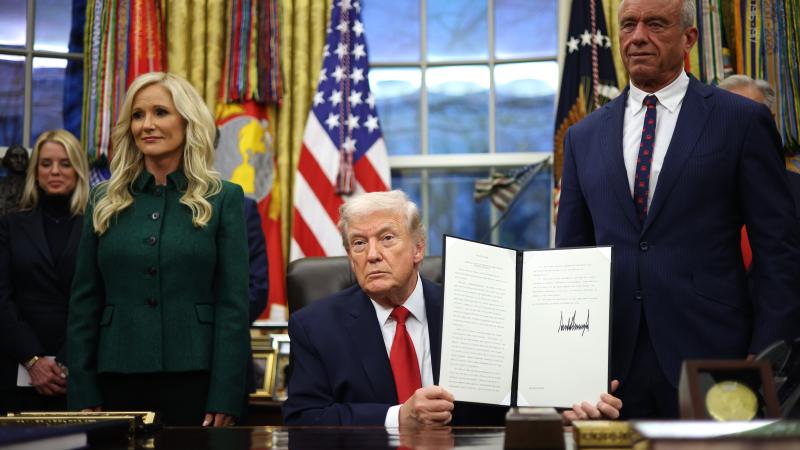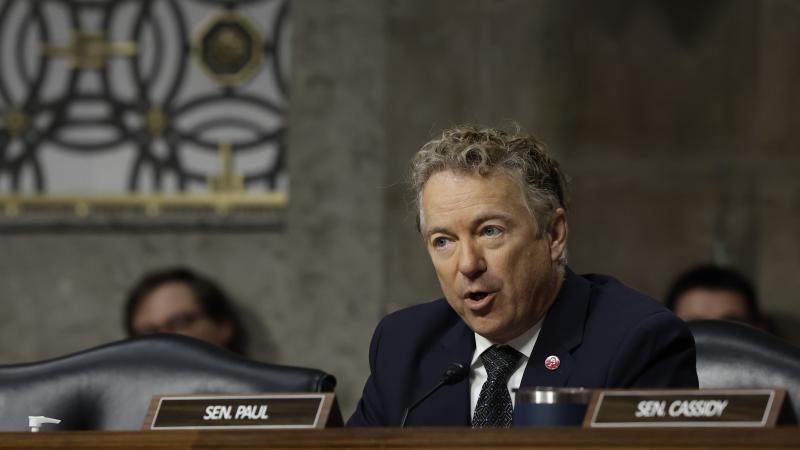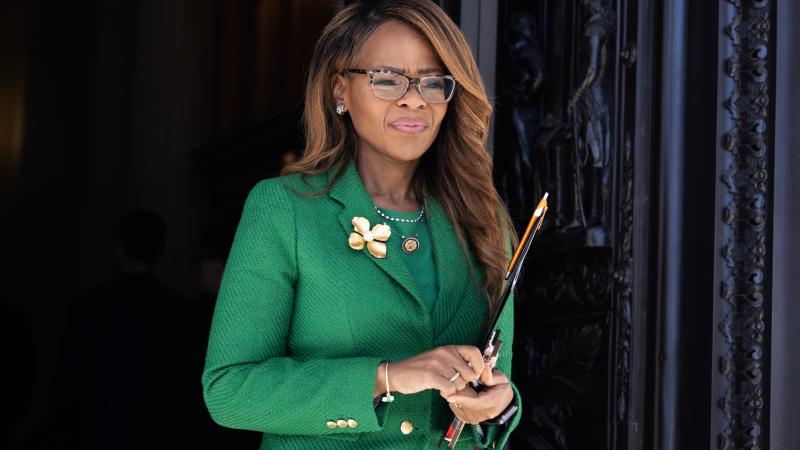New school tax credit plan advances in Pennsylvania
Pennsylvania’s latest school tax credit plan advanced to the Senate floor on Wednesday after a brief committee meeting. The 7-4 party-line vote sets the stage for a larger partisan debate that will divide Republicans and Democrats in the chamber over the best way to
Pennsylvania’s latest school tax credit plan advanced to the Senate floor on Wednesday after a brief committee meeting.
The 7-4 party-line vote sets the stage for a larger partisan debate that will divide Republicans and Democrats in the chamber over the best way to spend money on education.
A recent constitutional mandate from the Commonwealth Court adds pressure to the charged, albeit perennial, discussion that is arguably the most divisive budget line item across the General Assembly.
Senate Bill 1280 would establish the Child Learning Investment Tax Credit, worth up to $8,000 per student, that families could use to reduce their tax liability and cover educational expenses, including private school tuition.
“I think it's a phenomenal opportunity for parents who make the best decisions for their child based on their child,” said Sen. Tracy Pennycuick, R-Red Hill, during a Senate Finance Committee hearing on Wednesday. “And I think, at the end of the day, we've got to do what's best for our children.”
The Department of Revenue estimates the bill could cost the state $2 billion annually, though prime sponsor Sen. Judy Ward, R-Hollidaysburg, said she’s not sure how the administration determined that number.
For critics, it’s too much, considering the bill doesn’t include any income limits or accounting requirements.
“This is a shameful approach to public education, in my opinion, where we've decided that we're going to use taxpayers' money through a discount in this fashion, particularly given the challenges in public education,” said Sen. Art Haywood, D-Philadelphia. “Changing our priority to private education from public education, I think, is certainly not the direction in which we in the General Assembly should be headed, in my opinion.”
The plan strays from a $100 million school voucher proposal that Gov. Josh Shapiro and Senate Republican leadership agreed to during last year’s budget negotiations. House Democrats, majority power in the chamber, rejected the idea as an unconstitutional diversion of taxpayer funds away from public schools.
At the time, the governor said it wasn’t his job to change their minds. In a February television interview, he reaffirmed his support for school choice – whether it was in the form of a tax credit or a “direct appropriation.”
Shapiro’s spokesman told The Center Square on Tuesday that he doesn’t support this new plan. He did not elaborate on why.
The sides have only grown more entrenched since a Commonwealth Court ruling deemed Pennsylvania’s school funding formula inequitable. The House passed an updated calculation last month despite Republicans' criticism that it only made the issue worse.
Sen. Nick Miller, D-Allentown, recalled the court ruling and the House proposal during Wednesday's committee debate, saying the tax credit violates the constitutional mandate.
“If we're not talking adequacy, you know, we're not talking about responding to the court order,” he said.
Sen. Greg Rothman, R-Shippensburg, rebutted Miller’s concerns, pointing out that easing enrollment pressure on district schools would free up more money per student.
“Theoretically, there will be more money for less students left in the government-run schools, which could be a good thing in meeting the adequacy things,” he said. “It seems to me that this could be a benefit for the public schools too because there are less students they have to educate and yet we're not decreasing or asking them to pay the money right, which has been a criticism of some of these programs before.”













